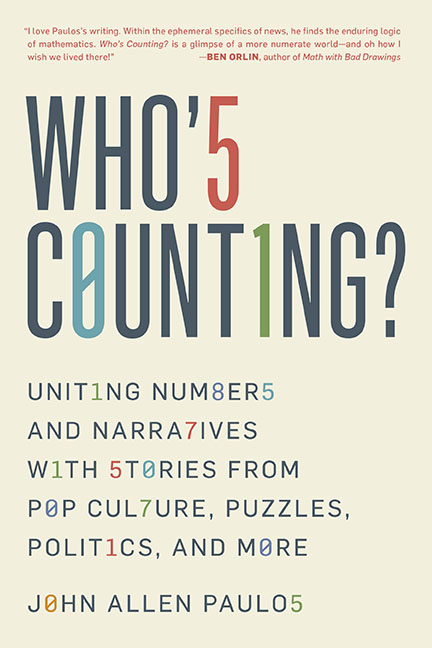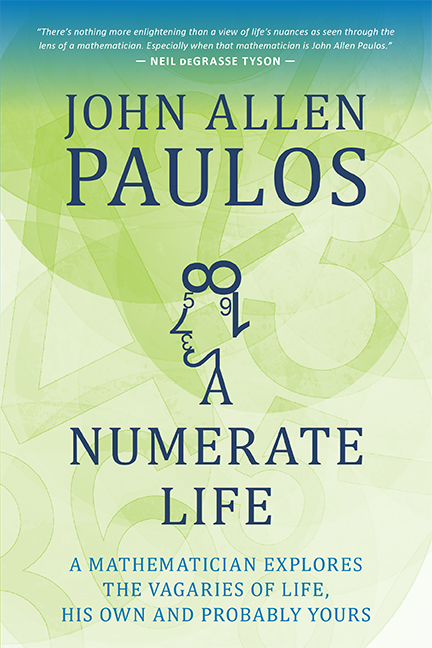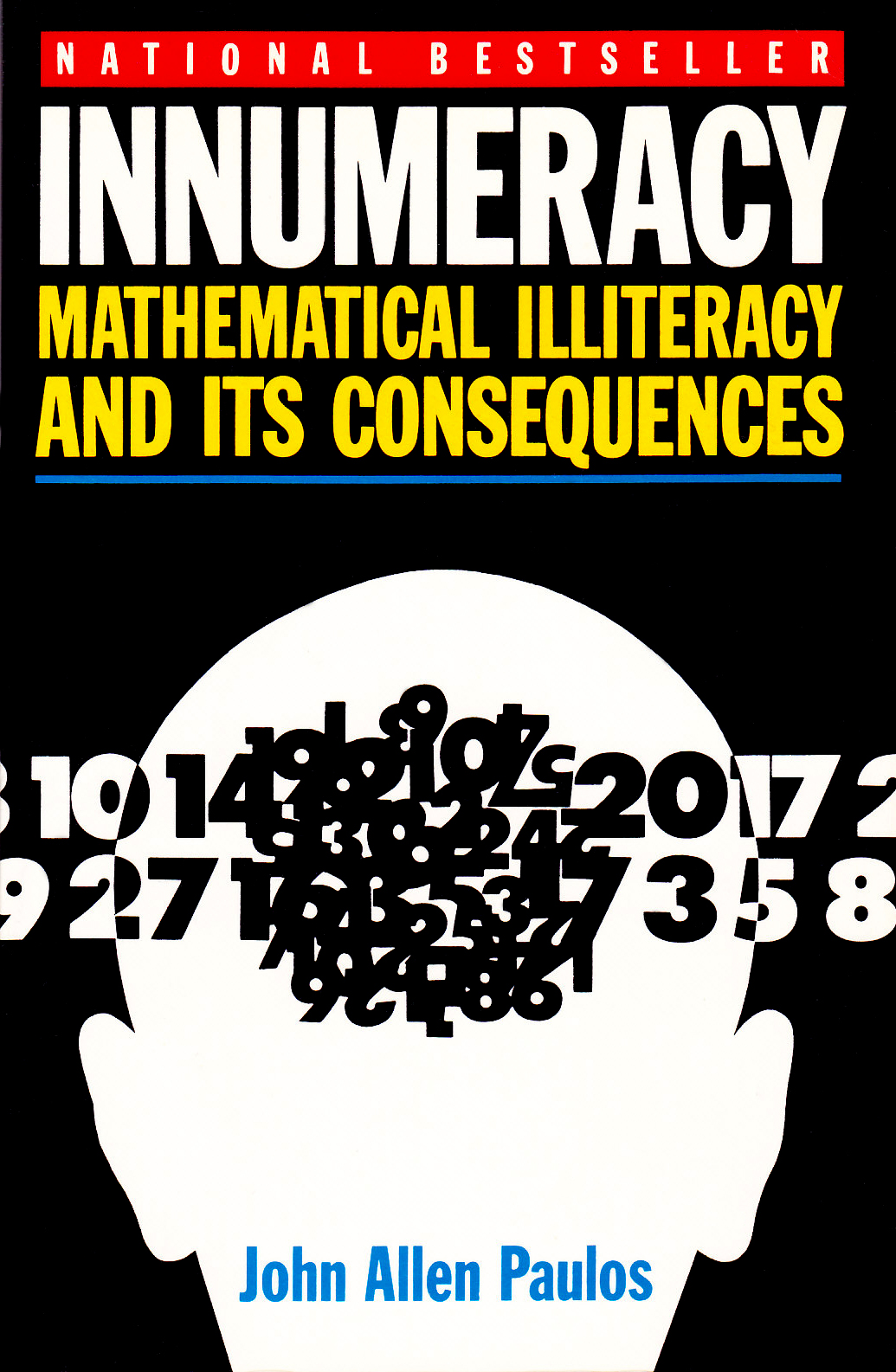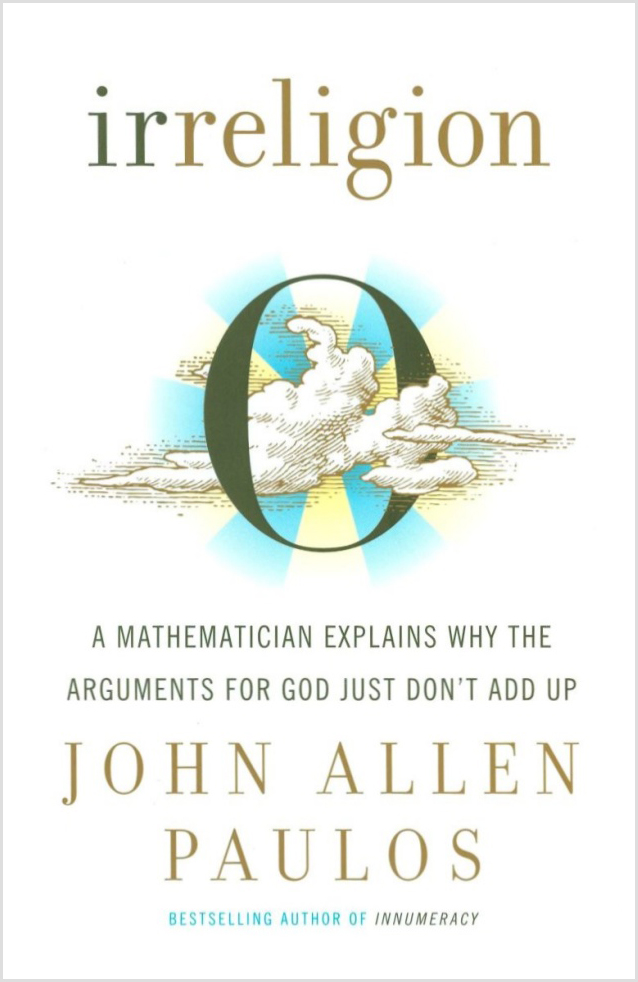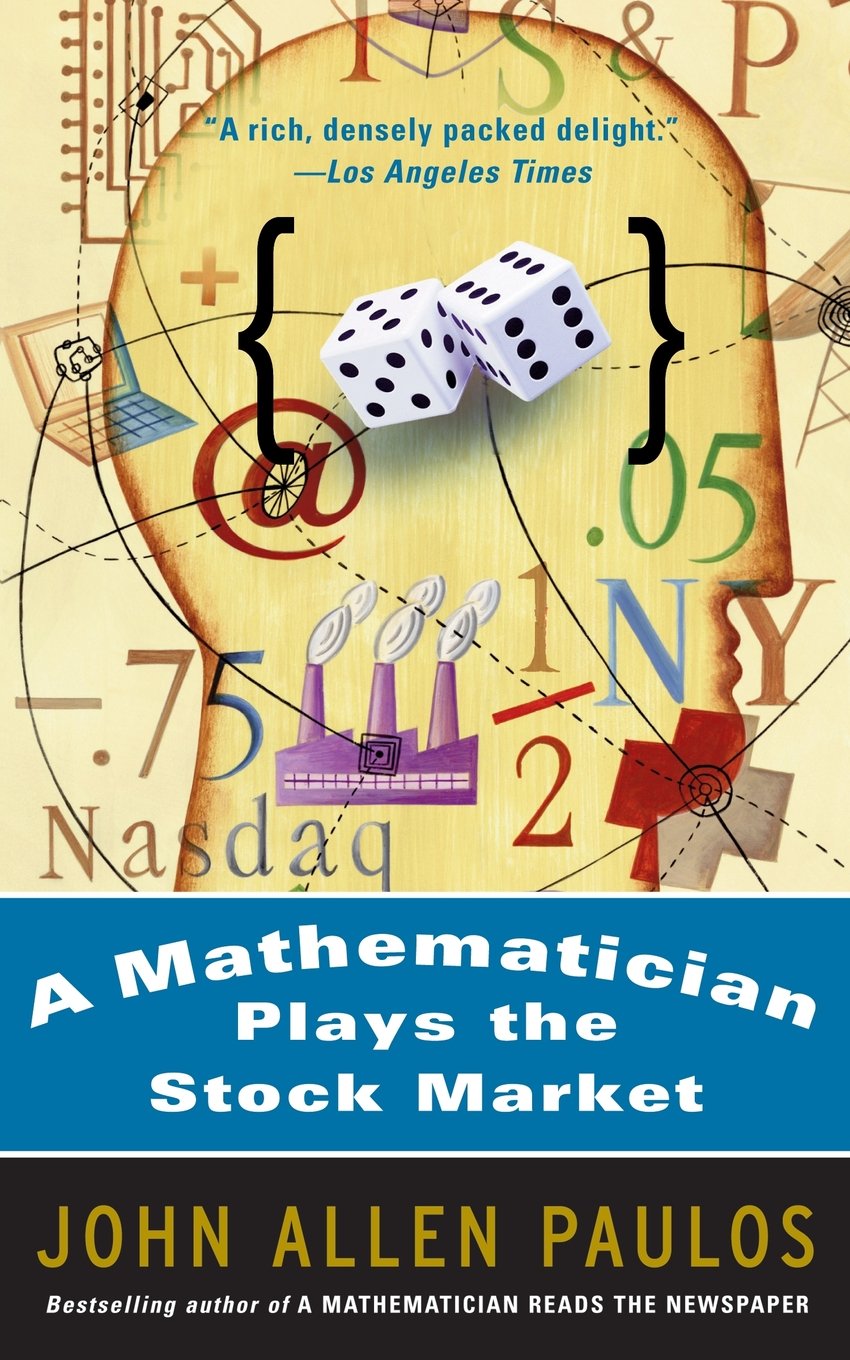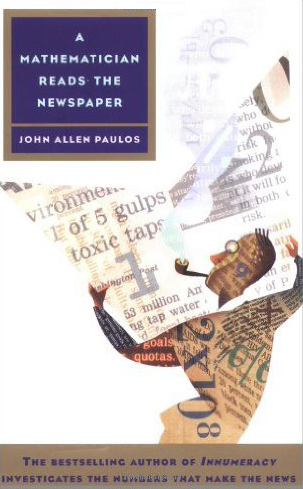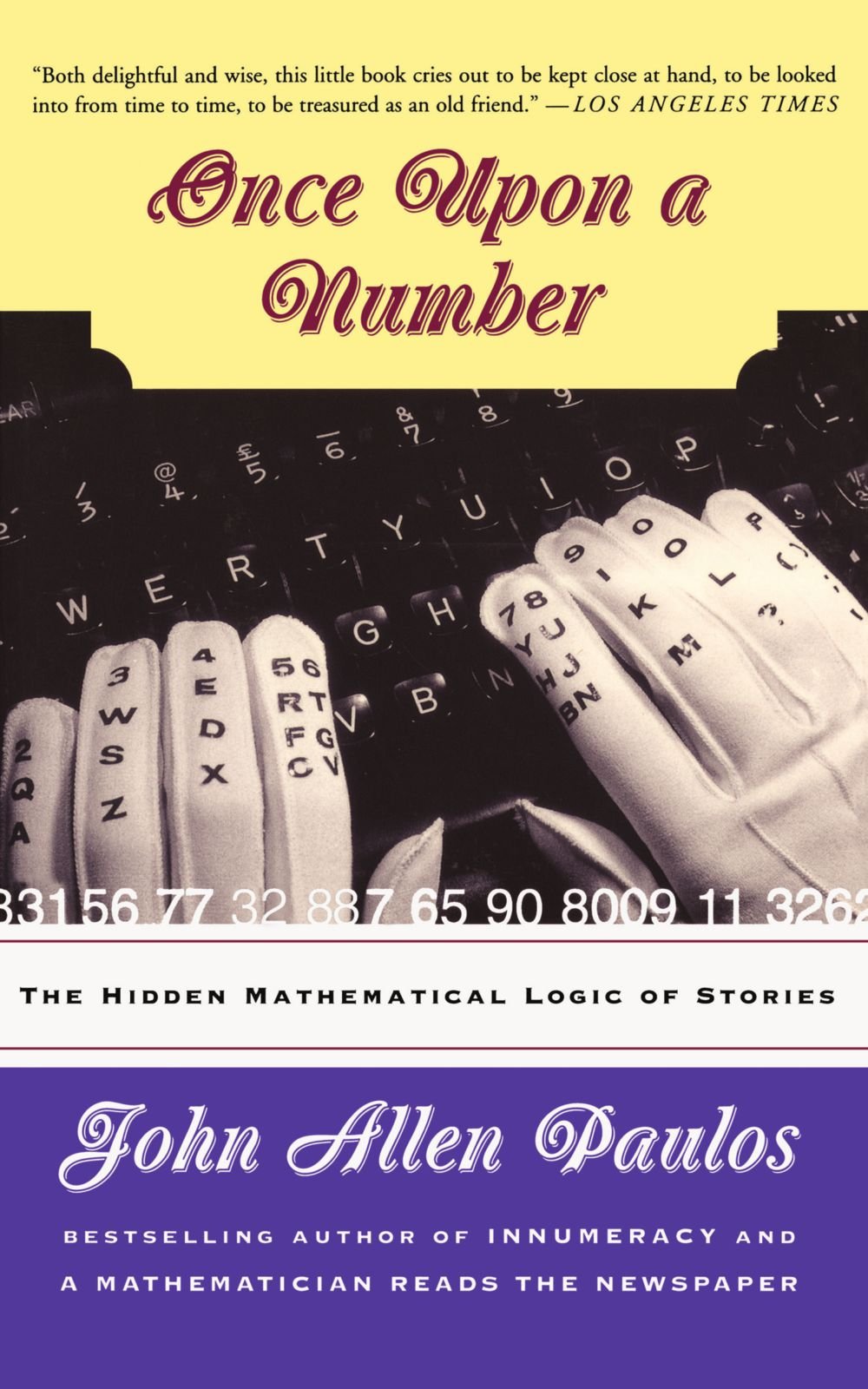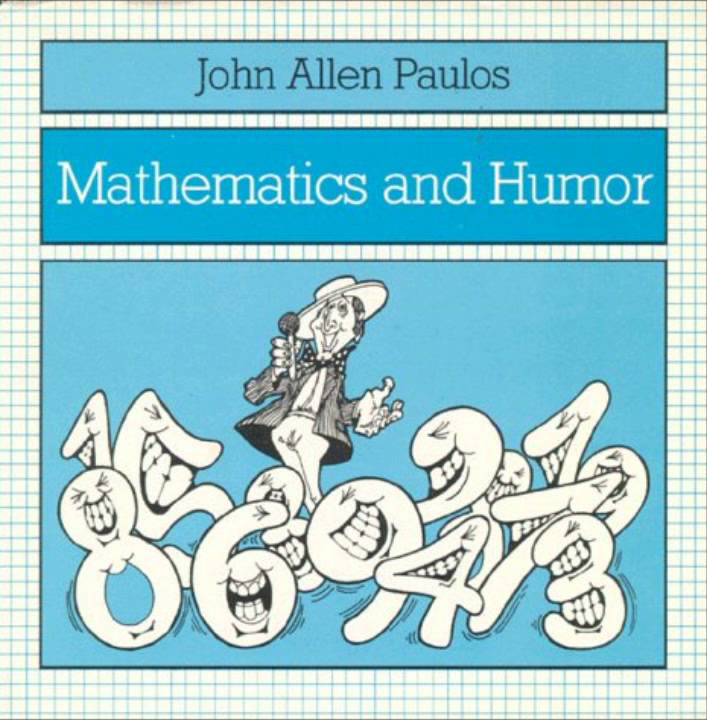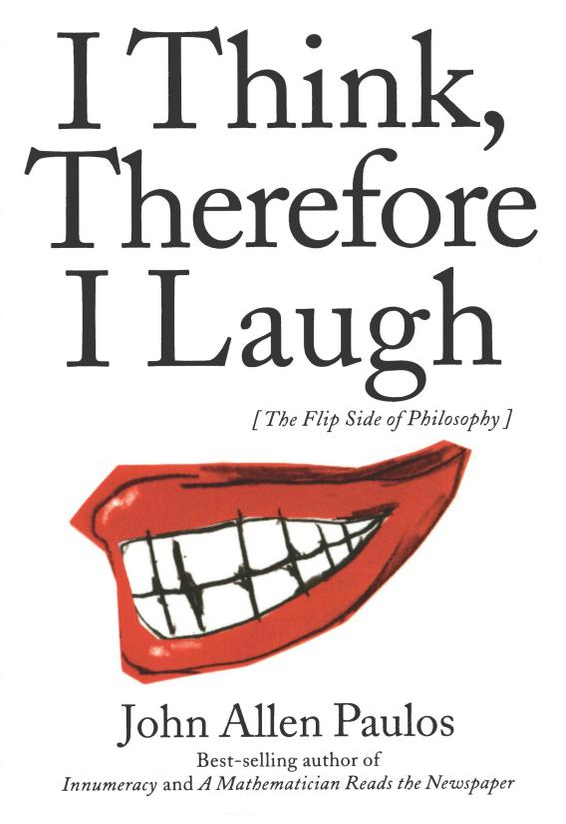
I Think, Therefore I Laugh
- Columbia University Press, 1985
- Paper, 1986
- Italian, Spanish, Chinese, Dutch, German
I Think, Therefore I Laugh is intended to be, at least in part, an exemplification of a remark by Wittgenstein that a good and serious work in philosophy could be written which consisted entirely of jokes. If one understands the relevant philosophical point, one gets the joke (parable, story, puzzle). Humor and analytic philosophy resonate at even deeper levels (both evince a strong penchant for debunking, for example). I support this claim with the above-mentioned stories and jokes, some exposition on topics ranging from scientific induction to the distinction between intentional and causal explanations, and the construction of imaginary dialogues between Bertrand Russell and Groucho Marx, Ludwig Wittgenstein and Lewis Carroll.
Reviews
"Paulos is brilliant at capturing difficult ideas in a memorable joke. I've never laughed so much while thinking so hard."
"If, like me, you find fun in logical conundrums and absurdities, you will find plenty [here]. On the other hand, if you're of the type that finds people like Paulos and me tedious, you should look into his book anyway, just to see what you've been missing."
